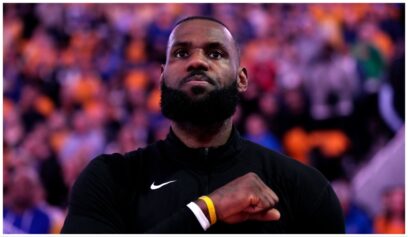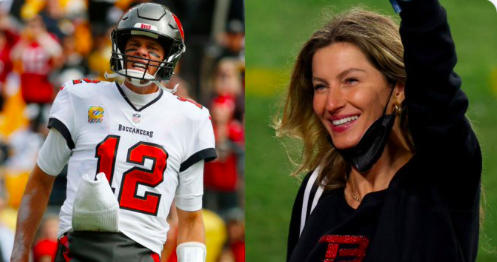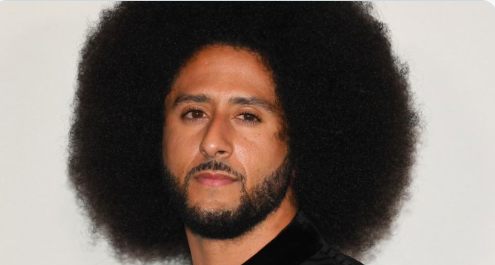When the Netflix series Master of None was first released near the end of 2015, it immediately became apparent that it had an immense potential to become a cultural phenomenon. Now in its second season, it is easy to see why it is one of the most beloved shows on the television landscape.
At the start of season 2, we find Dev, played by Aziz Ansari, still reeling from multiple setbacks. Dev is an actor best known for his role in a Go-Gurt commercial that is trying to break through with auditions for television and film roles.
His girlfriend Rachel (Noel Wells) decides to move to Japan at the drop of hat and his much anticipated role in a motion picture is completely eliminated without notice. He’s in Italy now, three months into an apprenticeship to become a master pasta maker in Modena and no longer wants to act.
One of the things that makes this show so unique is its unapologetic diversity. It is filled with beautiful people from all walks of life, all backgrounds, religions and nationalities mixing with each other, laughing with each other, loving on each other, and the only time labels, race and other cultural identifiers ever come to the surface is to lambaste or otherwise ridicule those things that divide us. Nothing is too taboo.
Yet, even in making fun of the surface cultural differences that may divide us, it does so only within the context of the story and isn’t trying to “jump the shark” to make its points. When we see Dev, we see an individual who is asking the same questions we all have.
He wants love, he wants the fulfillment that comes with career success and yet he wishes to remain true to himself as well. But that truth is different from the cultural truths he was raised to honor and respect as a man of Indian descent.
Another of the undeniable strengths of the show is the dialogue. No matter the accent or language spoken, it is witty, quick and natural.
Another of my favorite quirks is that Ansari’s real life mother and father play the same role on the show. His Dad is a natural. In addition to being wildly contemporary, the show has a rich soulfulness about it, like it’s spurned from old school soul music, vintage hip-hop and new wave music that make up the score for the film.
Referencing an Asian New Edition cover band was all I needed to give this series high marks for originality, writing, diversity, pace, tone and score. Bravo!
If there has ever been a more fertile breeding ground for over used troupes, stereotypes and typecasting mishaps, it’s television. But we watch it anyway with hopes of laughing, thinking and even crying. More often than not we’re totally underwhelmed by what it has to say to us about the world and about ourselves.
But this is far from the case with Master of None.



